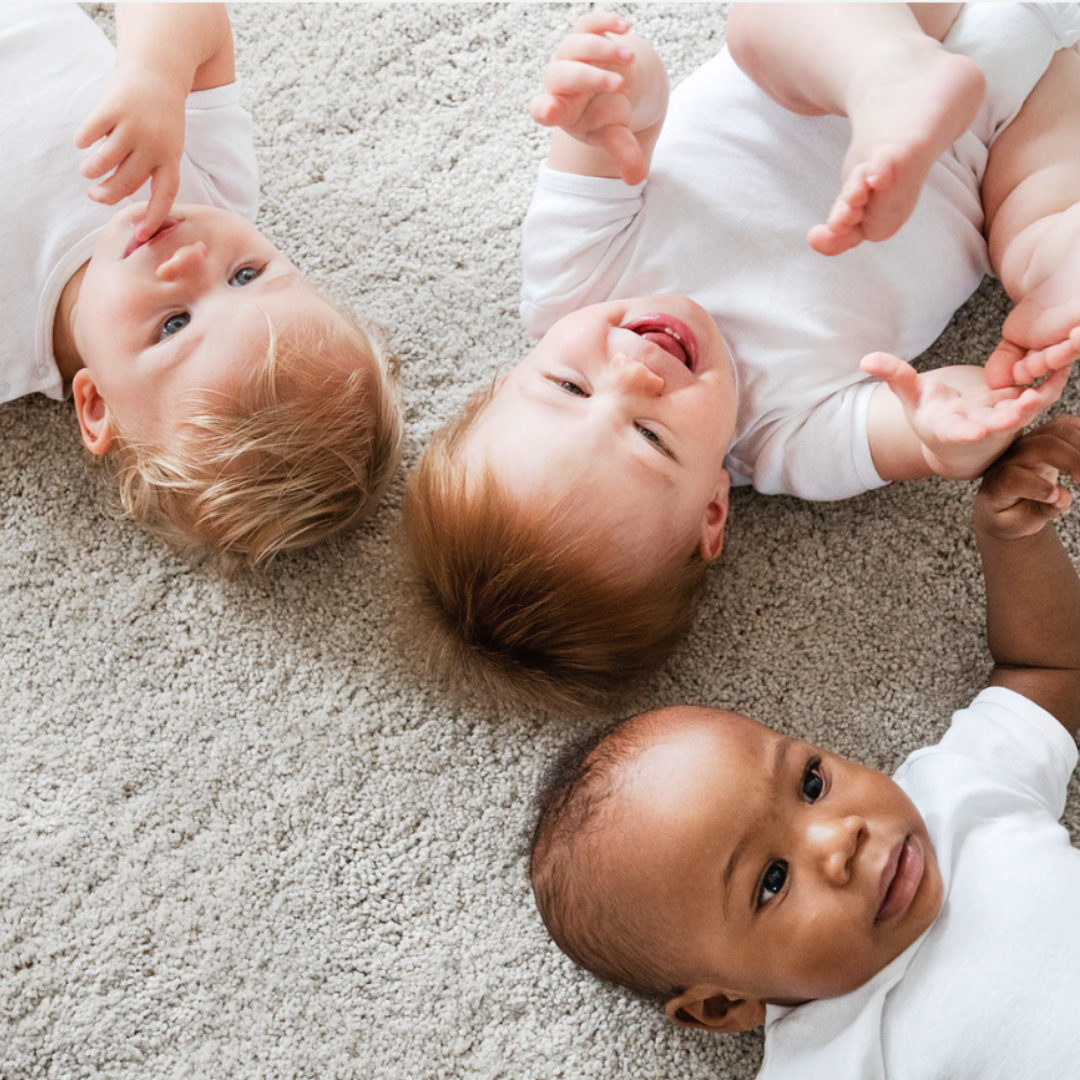
20 Apr Teething
Posted at 09:00h
in Uncategorized
Teething can occur unnoticed in some babies. For others, it can cause many sleepless nights and much irritability. Understanding what is happening in your baby’s mouth can make for a much more pleasant teething experience.
At what age does teething start?
Your baby’s first teeth will generally start to come through at 6 months old. Some will get them
faster or slower than this. Don’t be concerned if your child reaches 6 months and still doesn’t have any teeth. In an extreme case, some will get teeth as late as 2 years old. Anything beyond this and you should consult your dental professional.
How do I know when teething has started?
- Increased biting. Babies generally start biting on their toys or fingers to relieve the pressure.
- Decreased appetite. Babies will generally reject food and drink because of the pain from
- teething.
- Difficulty sleeping
- Irritability
- Excessive drooling
- Ear pulling. While rare, some babies will pull on their ears to distract from the pain coming
- from their gums.
- Increased frequency of stools
How long will it last?
Symptoms can occur 4 days before a tooth appears in the mouth and last for a further three days.
What can I do to help my baby during this time?
- Rubbing your baby’s gums with your fingers can help, if your baby will allow it!
- A teething ring that has been refrigerated and given to your baby to chew on can relieve the pain through distraction
- Finding a dummy that your baby will keep in their mouth
- Ice cubes or frozen breast milk for your baby to suck on
- If prolonged, consider paracetamol advised for your baby’s age.
What not to do
- Your baby will instinctively want to bite on whatever they can get their hands on during this time so make sure sharp-edged toys and other objects are not within reach.
- Don’t dip dummies/teething rings in honey or anything sweet to make it more appealing to your baby as this can cause decay.


